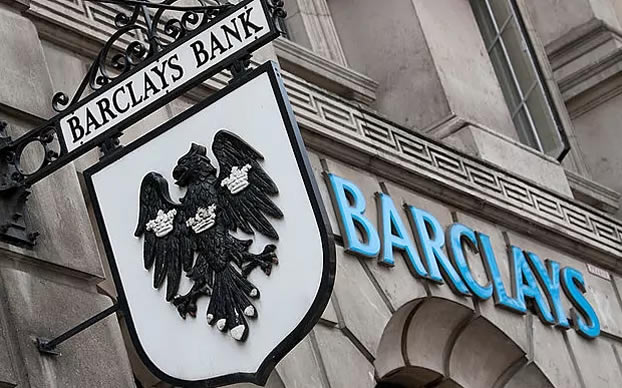Barclays Fined £42 Million for Anti-Money Laundering Failures
Barclays Bank UK PLC and Barclays Bank PLC have been fined a combined £42 million by the Financial Conduct Authority (FCA) for serious failings in their anti-money laundering (AML) controls. The FCA’s investigation revealed that Barclays failed to adequately assess the money laundering risks associated with WealthTek, a client for whom the bank opened a client money account. The bank neglected to consult the Financial Services Register, a crucial step that would have revealed WealthTek’s lack of authorization to hold client funds. This oversight allowed £34 million to be deposited into the account, significantly increasing the risk of misappropriation. The FCA’s findings underscore the critical importance of robust AML procedures and the severe consequences of neglecting these essential safeguards.
The FCA’s Findings and Barclays’ AML Deficiencies
The FCA’s investigation highlighted Barclays’ failure to gather sufficient information to properly assess the money laundering risks posed by WealthTek before opening the client money account. The bank’s due diligence process was deficient, failing to uncover the crucial fact that WealthTek was not authorized to hold client funds. This lack of authorization presented a significant red flag, indicating a heightened risk of misappropriation or other illicit activities. Barclays’ oversight not only exposed the bank to substantial financial penalties but also jeopardized the integrity of the financial system by potentially facilitating money laundering.
Implications of the Fine and the Importance of AML Compliance
The £42 million fine imposed on Barclays serves as a stark reminder of the importance of robust AML compliance within the financial industry. Banks and other financial institutions have a legal and ethical obligation to implement effective procedures to prevent money laundering and other financial crimes. These procedures must include thorough due diligence on clients, rigorous monitoring of transactions, and timely reporting of suspicious activities. Failures in AML compliance not only expose institutions to significant financial penalties but also undermine public trust in the financial system and can facilitate criminal activities.
The Role of the Financial Services Register and Due Diligence
The FCA’s findings emphasize the critical role of the Financial Services Register in the client onboarding process. The Register serves as a vital resource for financial institutions to verify the authorization status of clients and assess potential risks. Barclays’ failure to consult the Register in the case of WealthTek demonstrates a serious lapse in due diligence and highlights the importance of incorporating this essential check into all client onboarding procedures. Financial institutions must ensure that their staff are adequately trained to utilize the Register effectively and understand the significance of verifying client authorization.
Strengthening AML Controls and Preventing Future Failures
The Barclays case underscores the need for continuous improvement in AML controls within the financial industry. Banks and other financial institutions must invest in robust systems and procedures to identify and mitigate money laundering risks. This includes implementing comprehensive client screening processes, enhancing transaction monitoring capabilities, and providing ongoing training to staff on AML compliance. Regular audits and independent reviews of AML programs are also essential to ensure effectiveness and identify potential weaknesses. By prioritizing AML compliance, financial institutions can protect themselves from financial penalties, safeguard the integrity of the financial system, and contribute to the fight against financial crime.
Conclusion: A Call for Enhanced AML Vigilance
The £42 million fine levied against Barclays serves as a wake-up call for the entire financial industry. AML compliance is not merely a regulatory requirement but a fundamental responsibility. Financial institutions must embrace a proactive and vigilant approach to AML, continuously strengthening their controls and adapting to evolving risks. By prioritizing AML compliance, the financial industry can play a vital role in protecting the global financial system from abuse and promoting a more secure and transparent financial environment. The Barclays case serves as a stark reminder that complacency in AML compliance can have significant consequences, both for individual institutions and for the financial system as a whole.


